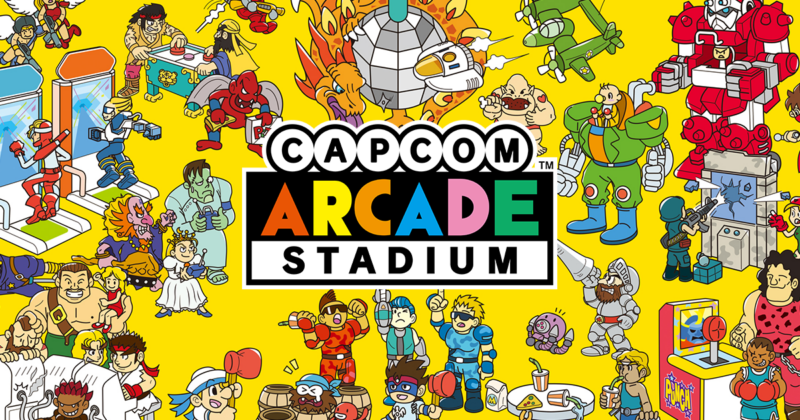
Monday night at 11 pm EST, there were 18 players logged on and playing the Steam version of Capcom Arcade Stadium (according to SteamDB data sourced from the Steam store itself). Ten hours later, on Tuesday morning, the game peaked at over 488,000 concurrent players, putting it behind only perennial favorites Counter-Strike: GO and Dota 2 on Steam’s list of most-played games for the day.
No, the idea of playing classic Capcom arcade games on the PC didn’t get 27,000 times more popular literally overnight. Instead, the sudden “success” seems driven by automated bots taking advantage of an unexpected opportunity to score some “free” money by minting and selling Steam Trading Cards.
Steam Trading Cards explained
Since the launch of Steam Trading Cards in 2013, players have been able to earn, buy, and sell the purely digital collectibles in thousands of games on Valve’s online platform. For most supported games, a player can get half of the available trading cards just by putting in playtime. To get a game’s full card set, a player has to purchase the remainder from the Steam Community Market. There, other players can offer their excess cards for sale, with commodity pricing determined by floating buy and sell offers that fluctuate based on supply and demand.
